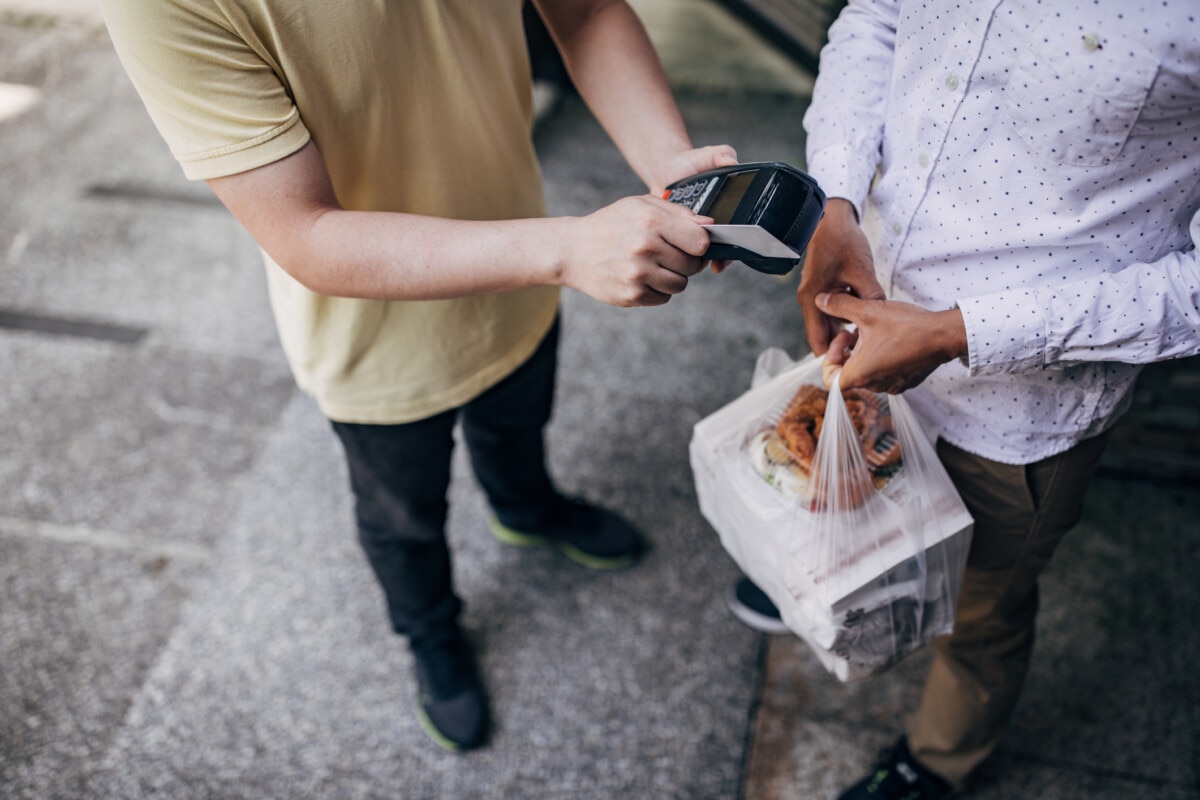
The holiday season brings a significant increase in shopping, both in physical stores and online. It’s a time when many people look for offers and promotions to secure gifts and renew personal items. It’s no surprise that end-of-year shopping is one of the most anticipated periods for retailers.
However, cybercriminals also take advantage of this movement to carry out different types of scams. Understanding how these frauds work is essential to avoid falling into traps and protect your data and money. For example, a recent study found that online scams increase by up to 70% during the holiday season, with losses exceeding millions of reais in fraudulent purchases.
In this article, we will explore the five most common scams during holiday shopping and teach you how to identify and avoid them. Read until the end to ensure you are no longer a victim!
Open in another tab and read below:
Christmas tech gifts 2024: 7 economical and creative ideas
7 Christmas gift options for those who enjoy technology
01. Fake sales
One of the most frequent scams is fake sales. During this time, it is common to find fake websites that imitate large retailers, as well as exaggerated promotions that circulate on social networks. Criminals use URLs similar to those of trusted companies, changing characters such as the letter “o” to “0” or adding extra terms to the address. To increase security, consider using tools or browser extensions like HTTPS Everywhere or VirusTotal, which help verify the authenticity of websites.
These fraudulent websites promise irresistible offers, but aim to steal personal and banking data or sell non-existent products. To avoid the scam, always check the website’s URL before making purchases, be wary of very high discounts and check the store’s reputation on platforms like Reclame Aqui.
Open in another tab and read below:
Tutorial: How to make a complaint on Reclame Aqui
02. Phishing Strikes
/i.s3.glbimg.com/v1/AUTH_08fbf48bc0524877943fe86e43087e7a/internal_photos/bs/2023/h/w/zyycq5QdaatVW2nTqu9Q/6b38023a-b3de-4c64-9919-d79a5a2fb34a.jpeg)
Phishing is another common scam, especially during the holiday season. It consists of messages that trick victims into clicking on malicious links, often promising discounts, freebies or exclusive promotions. Criminals, by gaining access to the links, are able to steal sensitive data, such as passwords and banking information.
These messages can arrive via email or messengers like WhatsApp. For example, it is common to receive fake emails simulating large retailers offering discount coupons or WhatsApp messages claiming that you have won a prize, with a link to redeem.
To protect yourself, never click on links from unknown senders, avoid opening suspicious attachments, and be wary of offers that seem too good to be true. Always check the authenticity of the sender before providing any information.
Open in another tab and read below:
What is it and how to protect yourself from Phishing, one of the most frequent scams on the internet
7 tips to avoid scams with Pix
03. Changing credit cards

When shopping in physical stores, the card exchange scam is a practice that requires attention. In this scheme, criminals observe the password entered by the victim and, when returning the card, exchange it for a similar one. With the card and password in hand, they make inappropriate purchases. If this happens, it is important to immediately call your bank’s central office to block the card and avoid further losses. Additionally, file a police report to formalize what happened.
To avoid this type of scam, never lose sight of your card and always check that the returned card is really yours. Also, protect your password entry by covering the keyboard with your hand.
04. Broken machine scam

This scam has become common in physical stores. In it, the seller claims that the card machine’s display is broken, preventing the customer from checking the value entered. The victim ends up paying more than what is owed.
Always check the amount on the machine before inserting the card and entering your password. If the display is hidden or there is any irregularity, do not complete the transaction and require a new attempt on another machine.
05. Toast scam

Using social engineering, scammers create convincing scenarios to deceive victims. In the gift scam, they contact the victim claiming that they have a gift to deliver. The freebie is real, but criminals demand a delivery fee or use apps to steal financial data.
In another variation, they ask the victim to provide personal information or perform facial recognition. With this, scammers disguise banking applications and induce money transfers. Prevention involves being wary of unexpected gifts and never providing sensitive information without checking the origin.
Open in another tab and read below:
What is and what types of cybercrime are they?
What is encryption? Understand how technology works and what types it is
General Security Tips
Preventing scams requires extra attention in both online and physical stores. Always research the store where you intend to buy and, in the case of online purchases, only use trusted websites with a secure connection (check the padlock in the address bar).
Avoid sharing personal data in any type of promotion sent via email messages. Use platforms like Reclame Aqui to check complaints from other consumers and do not accept payments outside of secure payment platforms.
When making physical purchases, never allow third parties to handle your credit card and always check the amounts before completing transactions.
Conclusion
The end-of-year festivities are times of joy and celebration, but it is essential to remain vigilant so as not to become a victim of scams. Understanding how these scams work and taking simple precautions can ensure safe and smooth purchases.
Share these tips with friends and family so everyone can enjoy the festive period more safely. Don’t forget to share this article on social media to help more people protect themselves during holiday shopping. Remember: prevention is the best way to avoid financial losses and unnecessary inconvenience.
Source: https://www.hardware.com.br/artigos/compras-de-fim-de-ano-golpes-evitar/


